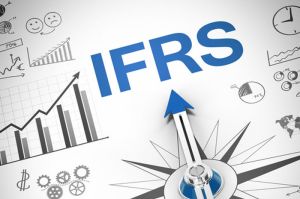- Delhi
- +91-9811094733
Federal Tax Service
The Internal Revenue Services (IRS) settles the federal tax. In addition to these, you have to estimate write-offs, credits, and other variables to determine your net taxable income and the income tax.
Under which Federal and state income taxes apply to percentage rate to taxable incomes. They can considerably be applied to all deductions and tax credits. Moreover, it is important to file federal tax returns as per the deadlines to avoid penalties and, in some cases, late filing could even lead to imprisonment.
Key Points to Remember
The federal government and the majority of states have income taxes, but their rules and rates vary widely.
Federal taxes are progressive, with higher rates of tax on higher levels of income.
Some states have a progressive tax system, which means the average tax rate is less than the person’s marginal tax rate.
If you run a sole proprietorship business, you can report income and liabilities on a Schedule C along with the income tax return. If you operate as a corporation or in a partnership, then fill Form 1120.
While filling the Schedule C Form, you have to file income tax return and expenses in the marked fields. So, add the net profit or loss amount after deducting expenses from the income in the personal income tax return.
Find all Information below.
BUSINESS TAX RETURN FILING (FORMS 1120, 1120S, 1065)
- Zero tax return (No activity)
- Income/loss with one state (without balance sheet and depreciable assets)
- Basic return with balance sheet (Upto 5 depreciable assets)
- Additional state return – per state
- Form 5471 / 5472 / 8865 (will depend on transactions volume but can quote base price)
PERSONAL TAX RETURN FILING (FORM 1040)
- Basic return (2-3 W2s only, Fed & one State)
- 1040 NR return
- Schedule A
- Schedule B (up to each 5 entries)
- Schedule C (without depreciation)
- Schedule C (with depreciation, up to 5 assets)
- Schedule D (depending on transaction, minimum)
- Schedule E (Page 1 – for each rental property)
- Schedule E (Page 2 – each K1)
- Form 6251 – if subject to AMT
- Form 1116 – Foreign Tax Credit
- FBAR Form (up to 5 bank accounts)
- Form 8938 (up to 5 bank accounts)
- Additional state return – per state
- Child & Dependent care expenses
- Earned Income Credit (EITC)
- Child tax credit
- Education credit (Per Form per student)
- ITIN application
- Foreign Earned Income Exclusion













